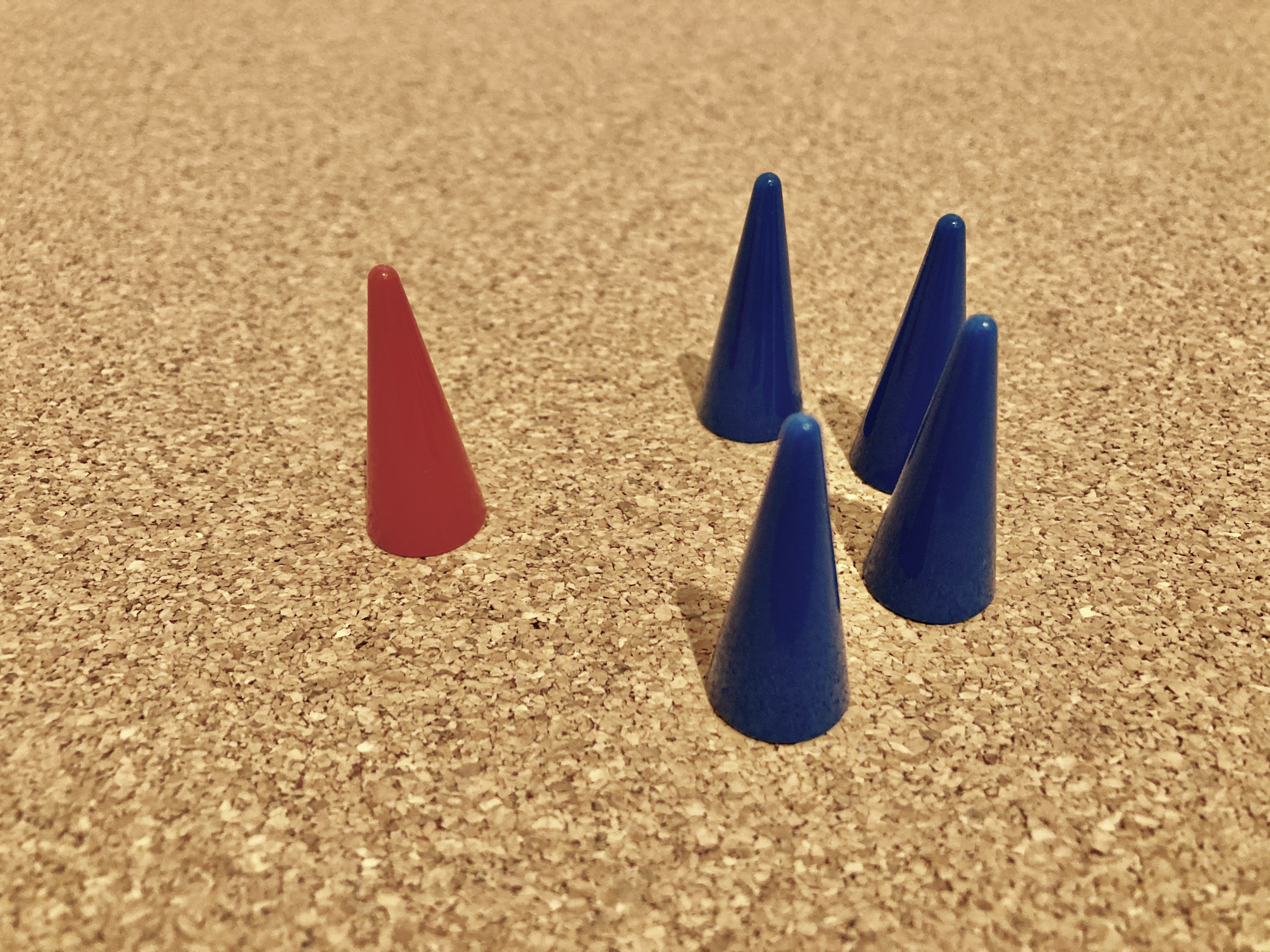Understanding how poor working memory impacts social skills
In previous posts, we have talked about some of the effects of Will's poor working memory on his academic progress but it has impacted his social development too.
Poor working memory can delay the development of higher order pragmatic language skills, empathy and understanding.
Will's inefficiencies in switching attention have lead him to appear immature, shallow and inconsiderate and he has often experienced rejection by his peers. Always labelled the "class clown," Will has ended up aspiring to this role in an attempt to fit in.
Will says
"I'd rather be noticed and laughed at than ignored."
Every-day social situations prove challenging for Will as he
-
struggles to follow and engage sustained conversation
-
has a tendency to go off at tangents, repeat things and interrupt
-
does not always recognize cues for participation
-
struggles to read body language
-
often appears not to be uninterested, changes topic suddenly, misinterprets what is said and makes irrelevant comments
-
can behave impulsively and inappropriately, appearing immature
-
struggles to express ideas and use organizational skills
-
lacks the confidence to use his initiative, lead or make decisions
-
can find group activities difficult e.g. grasping and remembering the rules of a new game whilst playing
Underneath his big cheeky grin and eagerness to fill silences, Will suffers with low self-esteem and feelings of inferiority.
We need to be more understanding of those who think and learn differently.
